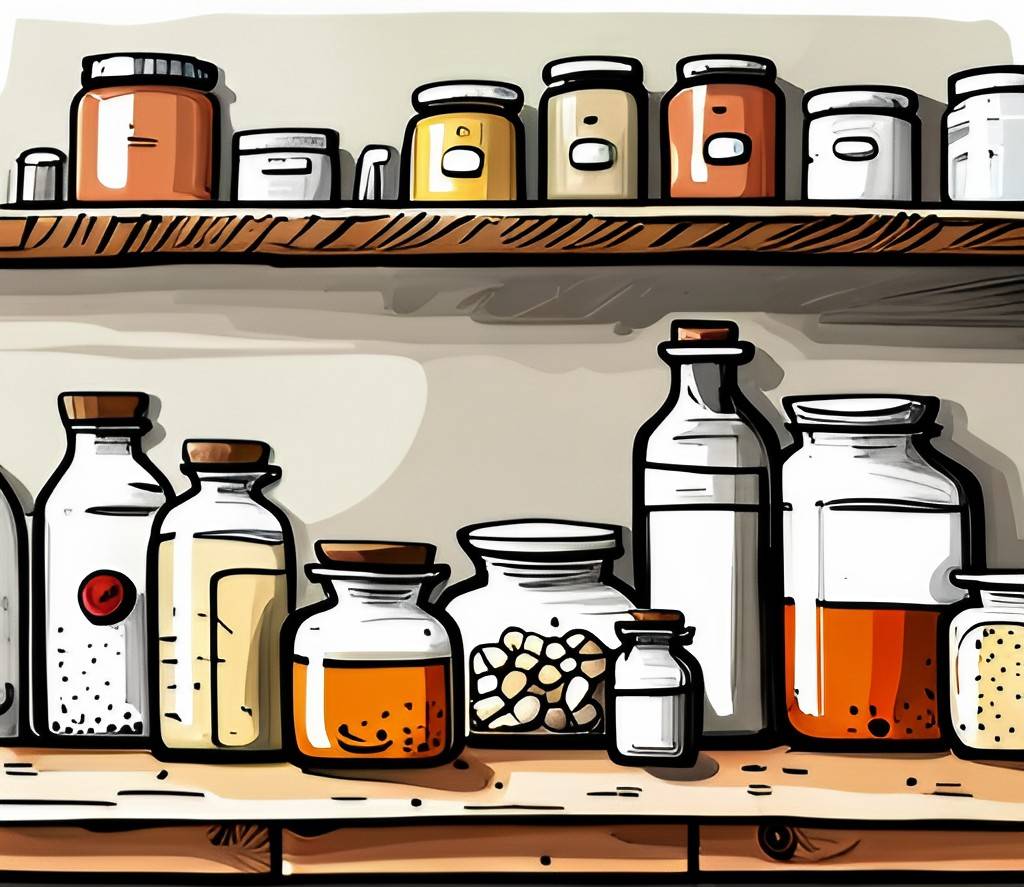The Connection Between Vitamins and Hormonal Balance in Testosterone and Estrogen
Hormonal balance is crucial for the overall health and well-being of all individuals. Hormones, including DHEA, progesterone, phytoestrogen, and others, play pivotal roles in regulating various bodily functions such as metabolism, mood, reproduction, and energy levels. Many factors can disrupt hormonal balance, leading to a variety of symptoms and health issues. However, certain vitamins have been shown to help regulate hormone levels and alleviate these symptoms. This article explores how specific vitamins can support hormonal balance and improve health outcomes.
The Role of Hormones in the Body
Hormones are chemical messengers produced by glands in the endocrine system. They travel through the bloodstream to organs and tissues, affecting processes like growth, metabolism, and mood. For all ages, maintaining optimal levels of hormones like DHEA (Dehydroepiandrosterone), progesterone, and others is essential for functioning efficiently.
The Importance of Vitamin D
Vitamin D, also known as the “sunshine vitamin,” is significant for maintaining hormonal balance. It plays a crucial role in the production and regulation of hormones. Adequate levels of vitamin D influence the secretion of insulin, a critical hormone in blood sugar regulation. It also aids in the production of steroid hormones, including DHEA, which is crucial for people of all genders. Deficiency in vitamin D can lead to various hormonal imbalances, resulting in conditions like PCOS (Polycystic Ovary Syndrome) in women and hypogonadism in men.
Sources of Vitamin D:
- Sunlight exposure
- Fatty fish like salmon and mackerel
- Fortified dairy products and cereals
- Supplements
Vitamin B6 and Progesterone
Vitamin B6, also known as pyridoxine, is essential for the synthesis of neurotransmitters and the regulation of mood. It is particularly beneficial for women as it can help balance levels of progesterone, a hormone that plays a significant role in the menstrual cycle and pregnancy. Adequate levels of vitamin B6 can alleviate symptoms of premenstrual syndrome (PMS) such as mood swings and irritability.
Sources of Vitamin B6:
- Poultry and fish
- Potatoes and starchy vegetables
- Non-citrus fruits
- Fortified cereals
- Supplements
The Role of Vitamin E
Vitamin E acts as an antioxidant, protecting cells from damage caused by free radicals. It also plays a crucial role in hormone production. For example, it has been shown to improve levels of DHEA, which can help in boosting energy and enhancing sexual function. Additionally, vitamin E can support reproductive health by balancing estrogen levels and alleviating symptoms related to hormonal imbalances like hot flashes.
Sources of Vitamin E:
- Nuts and seeds
- Green leafy vegetables
- Vegetable oils
- Fortified cereals
- Supplements
Vitamin C and Hormonal Regulation
Vitamin C is well-known for its immune-boosting properties, but it also plays a pivotal role in hormonal regulation. It can help to reduce levels of cortisol, the stress hormone, which in turn helps balance other hormones. Additionally, vitamin C influences the production of DHEA and progesterone, supporting overall hormonal health.
Sources of Vitamin C:
- Citrus fruits
- Tomatoes and tomato juice
- Potatoes
- Strawberries, green and red bell peppers
- Broccoli, Brussels sprouts, and other green leafy vegetables
- Various fortified foods and supplements
The Influence of Phytoestrogens
Phytoestrogens are plant-derived compounds that can mimic estrogen in the body. They are beneficial for women, particularly during menopause, as they can help balance estrogen levels and alleviate symptoms like hot flashes and mood swings. Isoflavones, a type of phytoestrogen found in soy products, are particularly effective. Consuming foods rich in phytoestrogens can provide a natural way of maintaining hormonal balance.
Sources of Phytoestrogens:
- Soybeans and soy products
- Flaxseeds
- Chickpeas
- Red clover
- Whole grains and cereals
Tongkat Ali for Men
Tongkat Ali, also known as Eurycoma longifolia, is a herbal remedy traditionally used in Southeast Asia. It has been shown to have a positive effect on testosterone levels in men, which is crucial for energy, mood, and sexual health. Tongkat Ali can help alleviate symptoms of low testosterone, such as fatigue, depression, and decreased libido.
Sources of Tongkat Ali:
- Dietary supplements specifically formulated with Tongkat Ali extract
Tribulus Terrestris for Hormonal Support
Tribulus Terrestris is a plant commonly used in traditional medicine to enhance athletic performance and improve sexual health in men. It works by supporting the production of natural testosterone and improving overall hormonal function. This can lead to increased energy levels, better muscle mass, and improved mood.
Sources of Tribulus Terrestris:
- Dietary supplements specifically formulated with Tribulus Terrestris extract
Are You Getting The Nutrients You Need?
Maintaining hormonal balance is crucial for the overall health and well-being of all individuals, regardless of gender. Vitamins and natural supplements play a crucial role in supporting the production and regulation of hormones, thereby alleviating symptoms of hormonal imbalances. Incorporating essential vitamins such as vitamin D, B6, E, and C, along with natural sources like phytoestrogens, Tongkat Ali, and Tribulus Terrestris, into one’s diet can help in achieving optimal hormonal health. As always, it’s important to consult with a healthcare provider before starting any new supplement regimen, ensuring that it is safe and suitable for individual health needs.



Leave a Reply